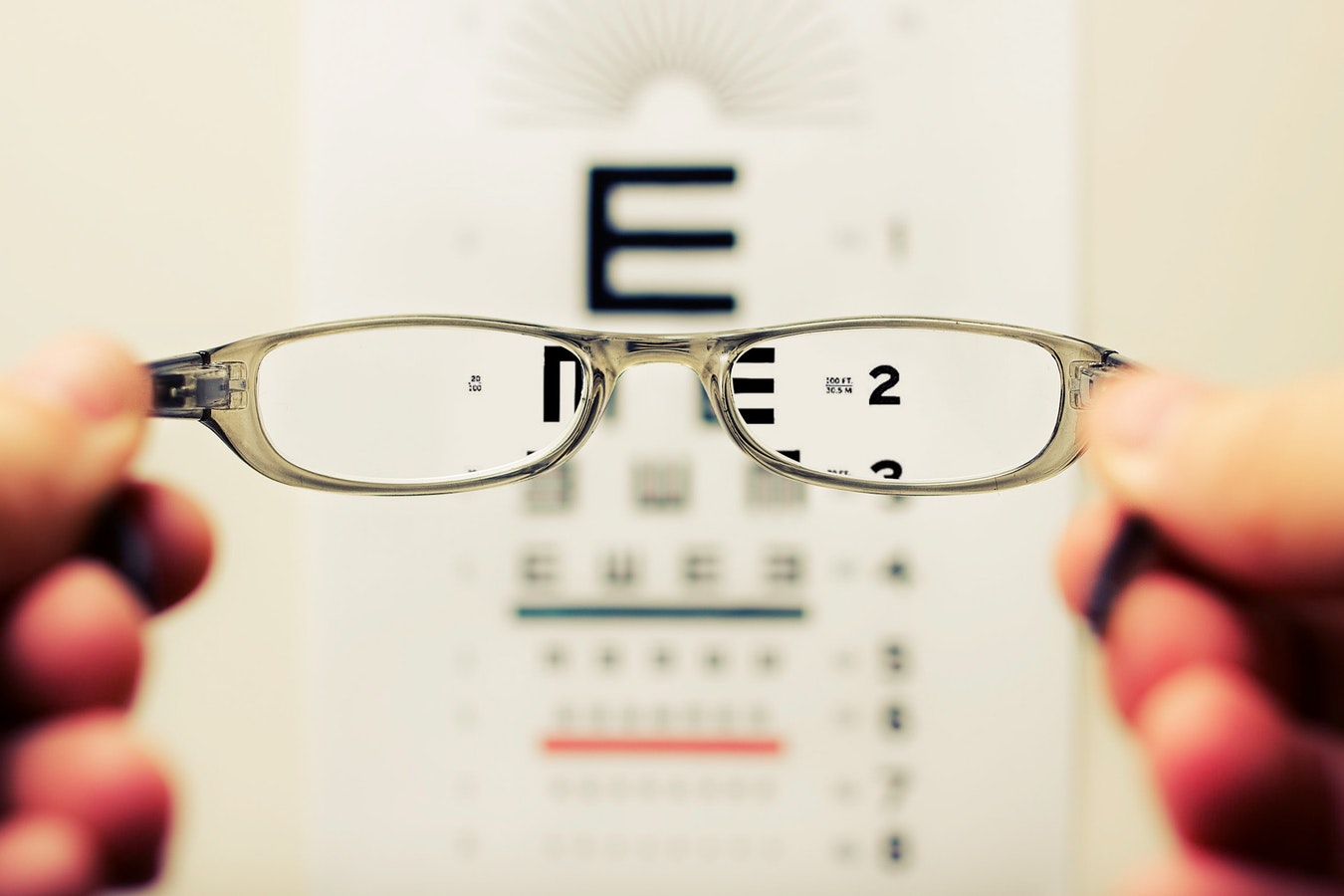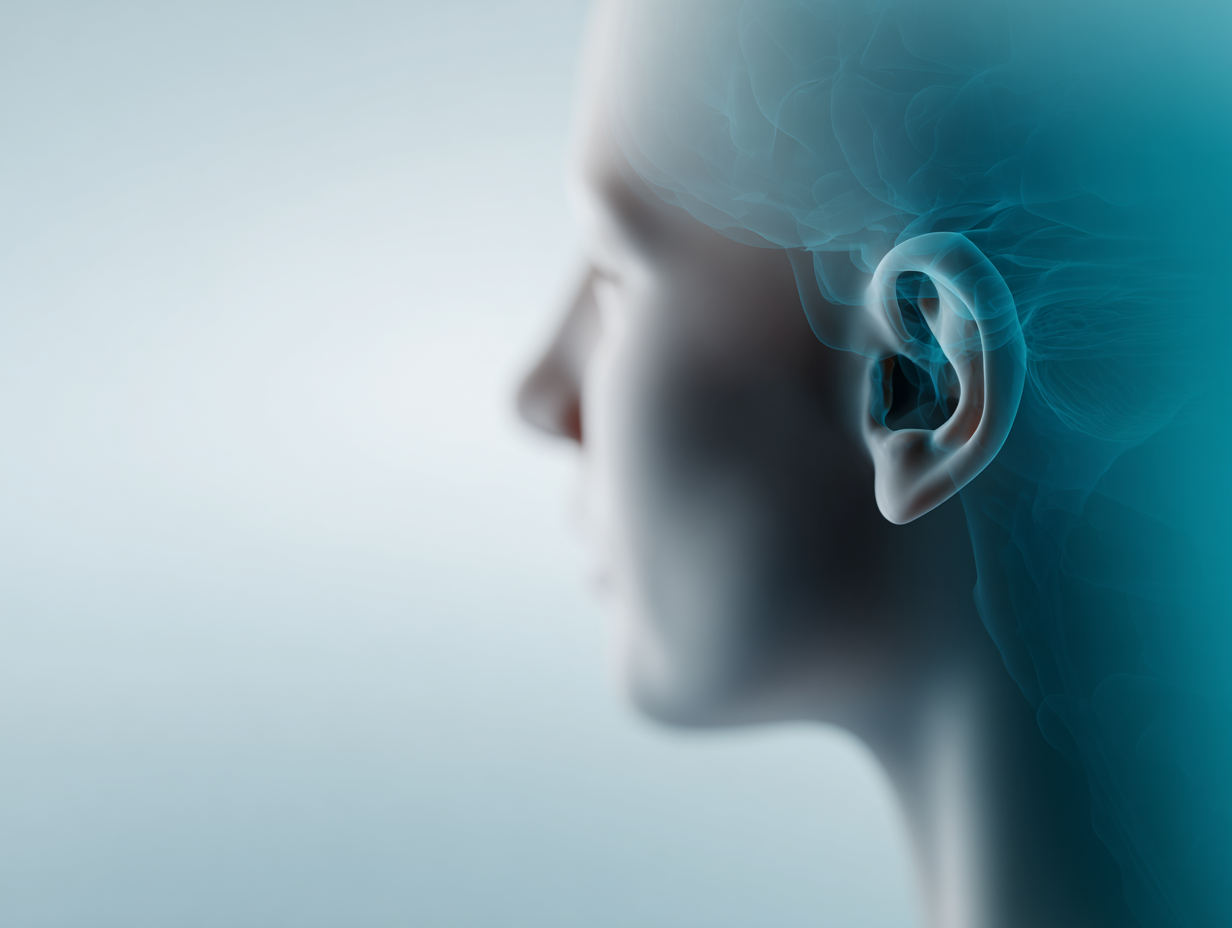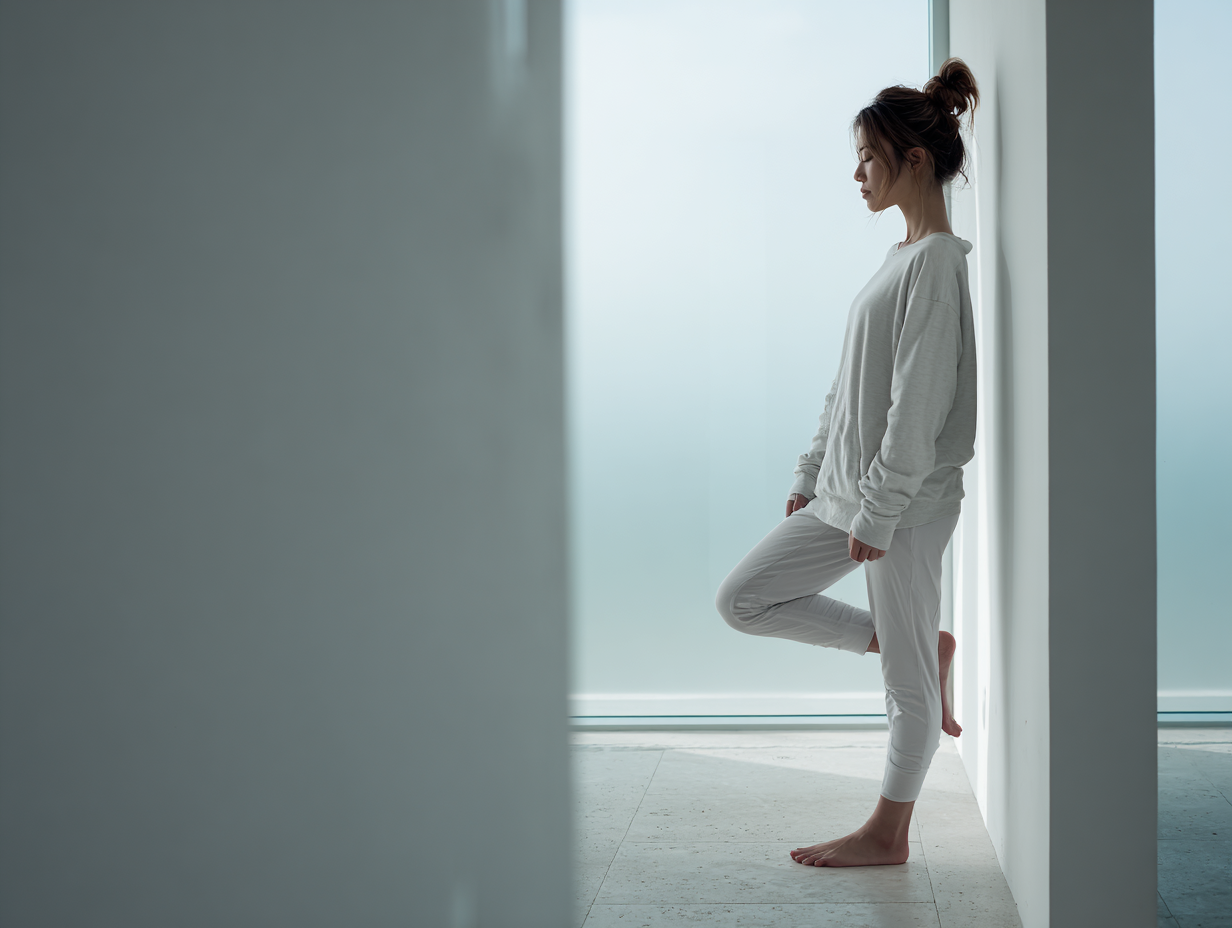Living with Vestibular Disorder
Crowded Environments
Crowded and noisy environments can easily produce fatigue in people with a vestibular disorder. Bright lights, rapid movements, and altitude changes can all play against a person's balance. All these factors can affect the family, social and work relationships of the individual. Daily tasks can become hard to withstand when suffering from vestibular disorders. Here are a few recommendations to consider to assist in your day to day life: wear sunglasses to assist with the light and your movement, leave a small stool or folding chair in the trunk of your car for you to sit down at outdoor events, sit in a location where you do not have to move your head every minute, avoid rush hour, loud background music and looking directly into fluorescent lights.
Transportation
Depending on what kind of vestibular disorder a person may have, the type of transportation and the conditions arriving at the destination can make traveling very stressful for the individual. Rapid pressure or altitude changes, disturbance due to lighting or sounds, and/or motion patterns may be problematic. Recommendations include: not flying if having an ear infection at the moment, avoid reading and/or working while traveling in a moving vehicle, always use sunglasses to avoid bright lights, regular use of nasal decongestants before and after air travel, paying attention to pressure changes in air flights that require you to “pop” your ears for the Eustachian tubes to be opened, consider selecting a location suitable to your condition for vacations and focusing on the horizon and avoid reading while on a boat.
Dietary Changes
Some vestibular disorders can cause a migraine, associated with dizziness. Meniere´s disease or secondary endolymphatic hydrops can be managed in some ways through dietary modifications. Stay hydrated, avoid foods high in salt or sugar, avoid stress-inducing beverages like caffeine to avoid migraines. Limit or eliminate alcohol consumption. Eliminate smoking due to the ability of nicotine to increase symptoms by decreasing blood supply to the inner ear, which is also a migraine trigger.
Vision Problems

Vision problems are one of the major issues of people with a vestibular disorder. Seeing bright lights and focusing on objects or perceiving them moving can be very stressing. When choosing a pair of glasses, you may want to consider choosing lenses with only one optical power rather than bifocals, trifocals or progressive lenses, that will create more work for this complex system. But, even with these type of lenses, if they are not fit properly they can still produce symptoms. Contact lenses are an alternative to glasses and provide a better quality due to the lack of distortion of the objects being seen since they lay directly across the corner of the eye. Using sunglasses with side visors (glacier glasses) can minimize peripheral vision distractions. It’s important, also, to choose the right television and computer monitor for your condition.
Dental work can be uncomfortable due to the type of lighting, specific while in a seated position, post-procedure anesthesia and vibrations that affect directly the inner ear. To avoid this type of lighting, use sunglasses during the procedure. Take breaks to allow yourself to sit up straight or to walk brief moments, that way you can maintain orientation. Consider speaking with your dentist to minimize vibrations or if another treatment is available.
Staying Active
Fatigue is very common with this type of disorder, but staying active is very important. You are using a great amount of energy to maintain equilibrium and finding a way of staying active can help to reduce the symptoms. If symptoms appear or increase, stop doing the activity and consult your medical provider. It is well known that Yoga or Tai Chi exercises can help you to increase your balance and relax your body and mind. Go outside, breathe some fresh air and take a nice walk. Take control of your disorder by learning more about it.





